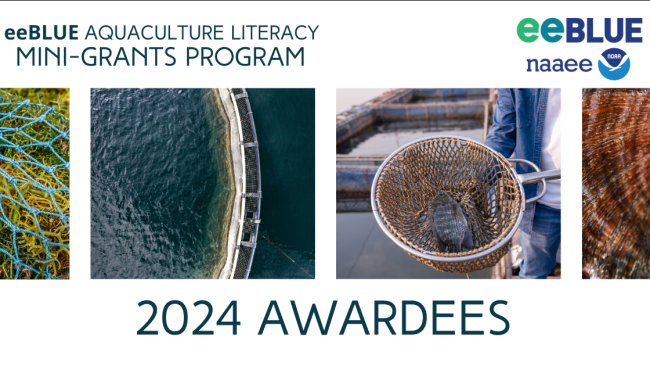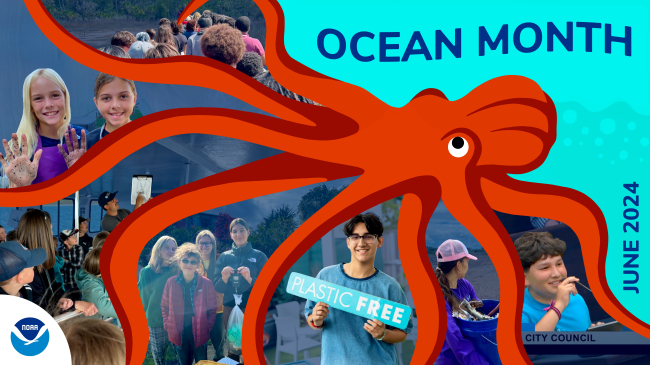Science teacher Spencer Cody and his students live in rural South Dakota, a place Cody describes as a “pole of inaccessibility.” Geographically isolated from the ocean by 1,000 miles in every direction, Roscoe, South Dakota, is as far from the coast as it’s possible to get in North America.

Teacher at Sea Alumnus Spencer Cody (NOAA Ship Pisces, 2014) and his students, visiting from South Dakota, get ready for a day trip on the Southeast Fisheries Science Center's R/V Caretta out of Pascagoula, Mississippi, in 2019. (Image credit: Ryan Hawk, National Marine Sanctuary Foundation)




